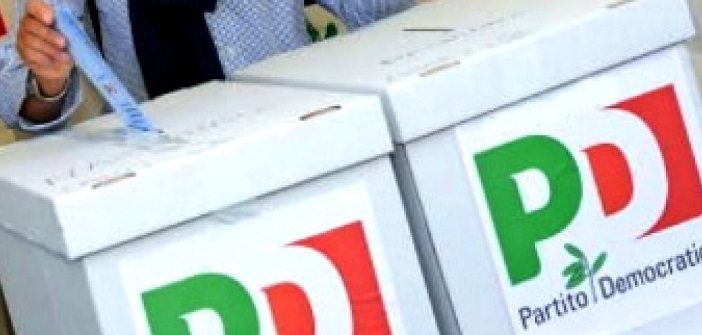There was hell – the lowest result ever recorded during the legislative elections of March 4, 2018 – and then a year of purgatory… without a leader or a clear political line.
Purgatory is the space meant for atonement, reflection, and repentance. A stationary state, not to say vegetative.
This only exacerbated the party’s problems, which was unable to metabolize the defeat and took a year to convene a congress and new internal elections.
Facing the erratic activism of the populist forces, embodied by Interior Minister and Deputy Prime Minister Matteo Salvini, Nicola Zingaretti, president of the Regional Council of Lazio, who was elected secretary on Sunday with 70% of the votes, will have much to do.
A positive sign is reassuring: the participation threshold set to claim success was 1 million voters, nearly 2 million participated. Is the Democratic Party recovering?
The upcoming European elections will be the last chance for the party to finally establish a clear political line, supported by effective communication and led by a recognized leader, Nicola Zingaretti, who rejects the label of “leader” and presents himself as “the head of a community” but revives the hopes of those who want to believe in the slogan: “It’s time to rebuild. Let’s turn the page.”
There are less than three months to convince voters that the Democratic Party has changed. It will no longer be Matteo Renzi’s party. The miracle of the 40% achieved during the last European elections in 2014 maintained the illusion that it could go it alone.
The Democratic Party will present itself next May within the broadest possible coalition, behind the manifesto “We are Europeans,” which advocates the formation of a grand republican front ranging from liberals to social democrats, encompassing popular Catholic movements to block the sovereignists and prevent the sinking of the European dream.


